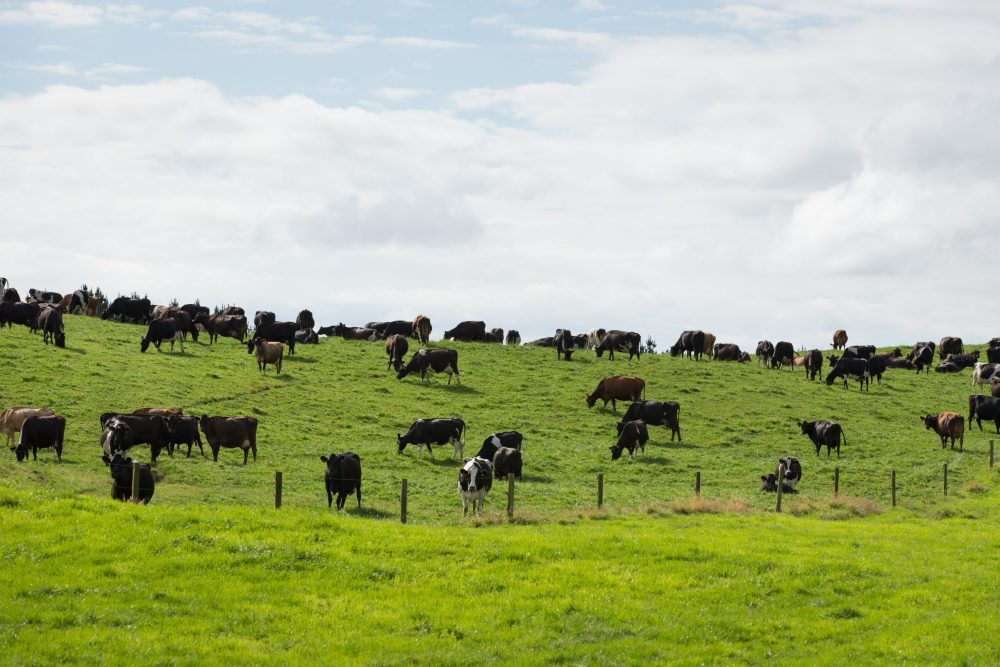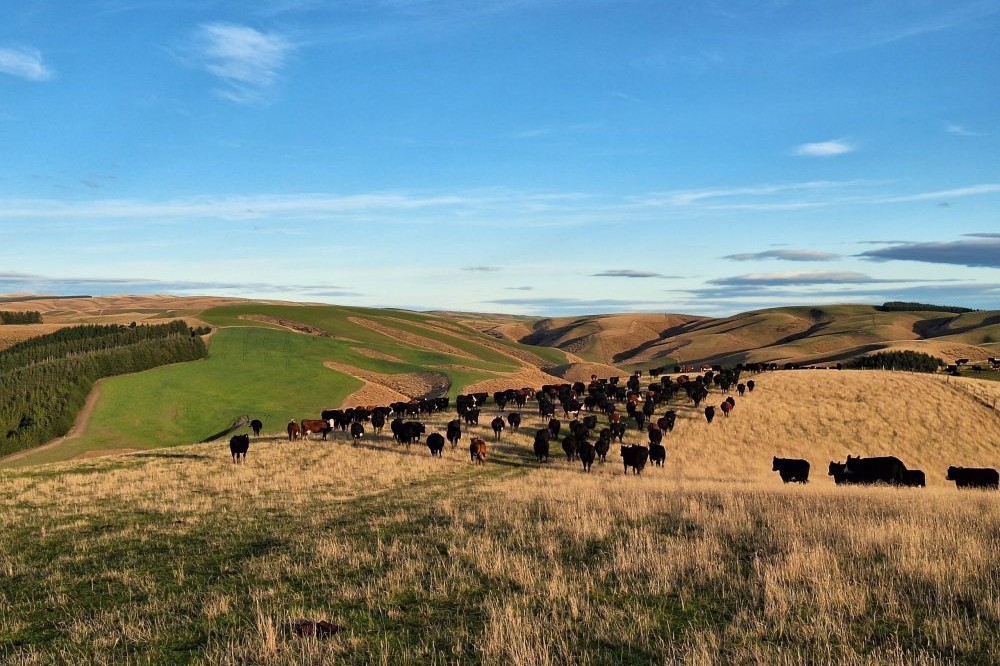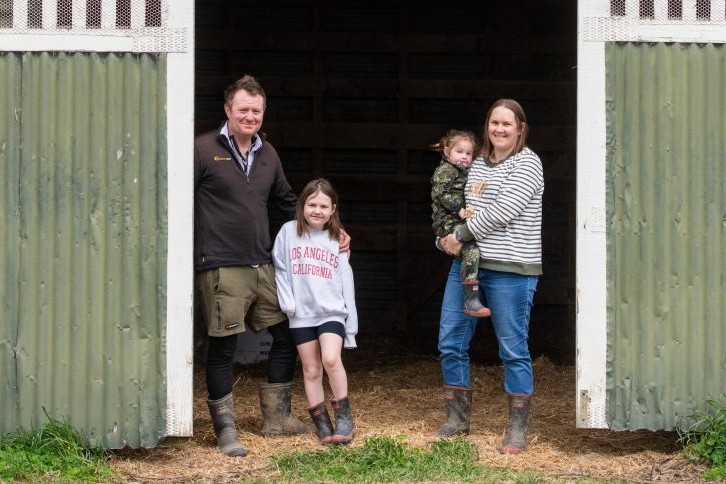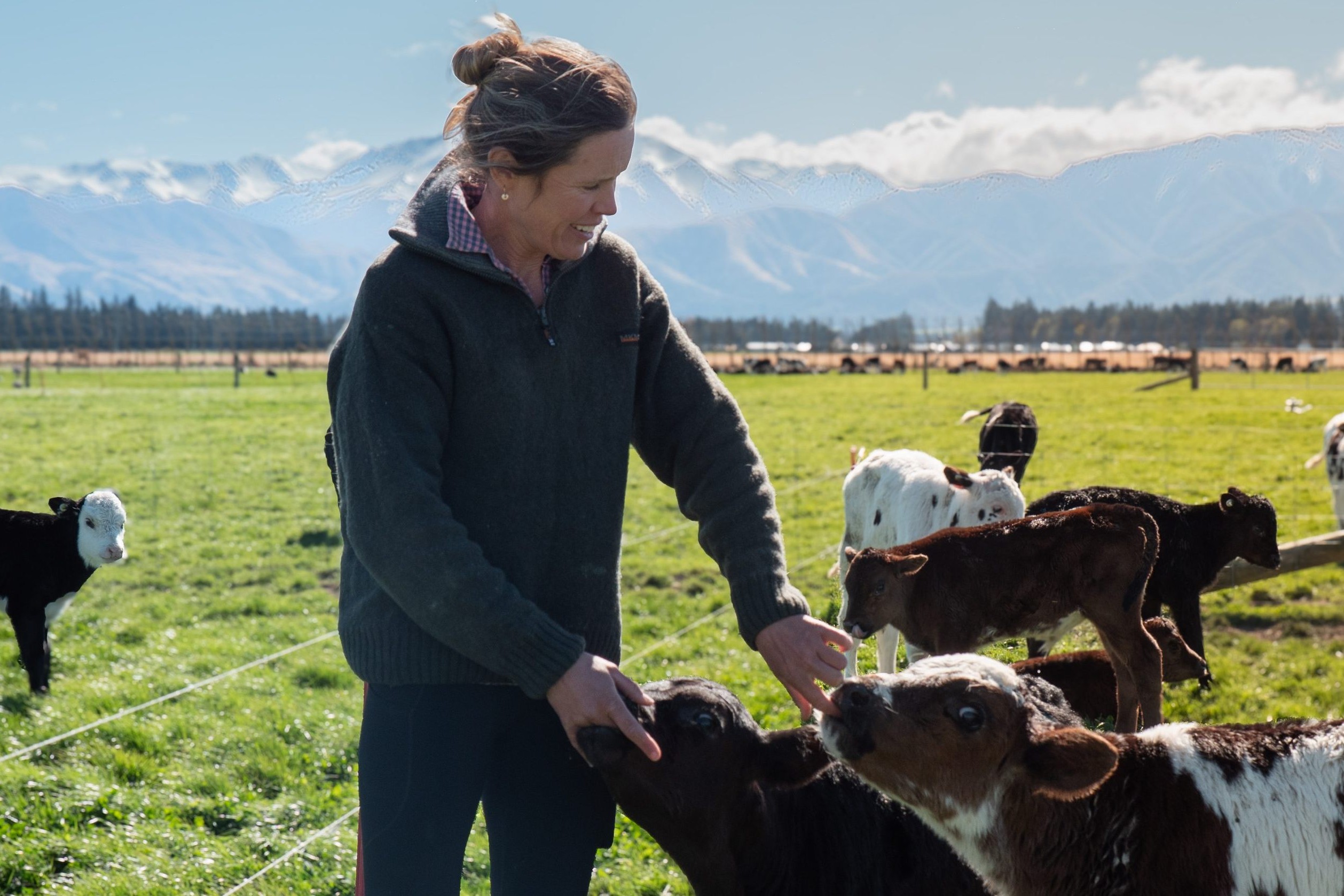Veterinarian Trevor Cook has taken a liking to the use of Twitter for information flow – but there are down sides…
The term social media seems to cover a multitude of communication channels.
The common feature when compared to letters, emails, phone call and texts is that many people can share in the content.
I could never be described as a social media junkie, being a very casual user of any of those sharing platforms. But one has really caught my eye and that is Twitter. I got into that world about three years ago when in Scotland and I was set up to answer questions on Twitter from farmers for one hour one evening.
Since then I have received daily tweets as part of a seemly endless communication between farmers in the United Kingdom in particular but also other parts of the world including New Zealand.
I have responded rarely but have enjoyed following the threads, most of which have been about issues about farming. There is always some mindless chatter that I struggle to see the point of, but then maybe that is just me getting less tolerant of that sort of stuff.
I bring this up because early in January a tweet came through from a UK farmer asking about the risk of bloat in cattle on plantain and clover. I felt compelled to respond because I have seen some big losses with feeding this to young cattle.
What followed my very simple advice to be very careful was what can only be described as an avalanche of chat about all sorts of issues surrounding growing forages. What grew best, what did not work, what were the critical factors to consider, what fertilisers were necessary and more – including some pseudo science.
It was truly an amazing interchange of ideas and experiences. Being on holiday gave me the time to get involved so I entered the fray with another tweet suggesting profit had not been mentioned and that keeping it simple could make more money. Perhaps growing the best and fanciest crop did not necessarily mean the most profit.
Well that was fuel to the fire and the tweets then doubled in frequency. Many of those tweets have prompted me at times to try and bring the discussion back down to earth but the enthusiasm to be this engaged in uncontrolled discussion has got overrun with other things to do.
The effort being put into this communication process by numerous participants showed there must be a hole in the managed or formal information transfer processes.
No other forum can come anywhere near the level of exchange seen in these Twitter chats. Just how effective this process is in prompting change cannot be measured, but surely that amount of interchange and effort put into the responses must accompany some change or support.
Issues being discussed and debated were nothing new and were limited in value so often by the end game being lost – profit.
For UK farmers the concept of earnings per hectare is still novel, not to say that in NZ it is always the key objective either. I see many crops grown to make farming more comfortable rather than more profitable.
So often the pathway to more profit from growing crops is not clear and the crop is grown in isolation to the rest of the farm.
The other issue highlighted was that there is no correct or perfect crop, fertilizer or sowing procedure. What works for one farmer does not necessarily work for another. Soil type, soil fertility, weather, cultivars, terrain and sowing precision are all variables that influence how any crop performs. This quite separate from how stock perform which can be determined by other factors.
There were claims that this crop mix was better than another. I doubt that can ever be the case. Just as no particular ram breed is better than any other on any particular farm.
The tweets in this series have died down now but not stopped. But once in this world of sharing opinion there is a lot of other clutter that accompanies the original theme. Some of that content is frightening, not just because of how puerile much of it is, but because science does not get a look in. Sentiment and irrationality rule, but at all costs do not consider the facts.
If I want to believe that the big interchange between farmers on Twitter is a positive vehicle for supporting change I have to accept that opinion on other issues will be influenced by ill-informed comment presented as fact. The rules of engagement have changed.




